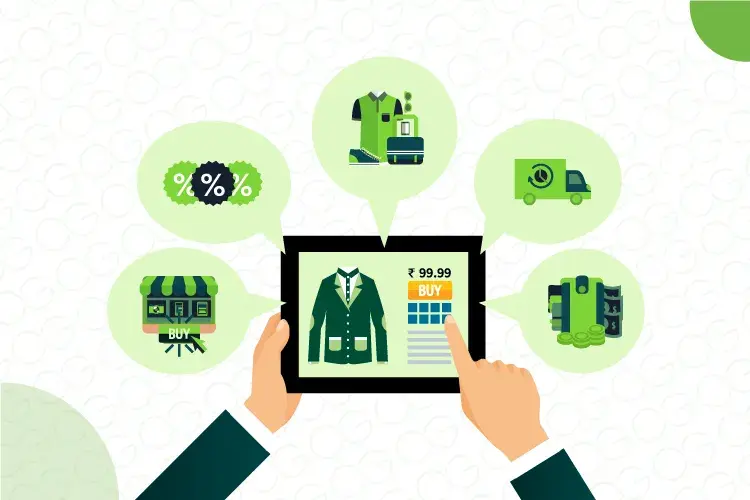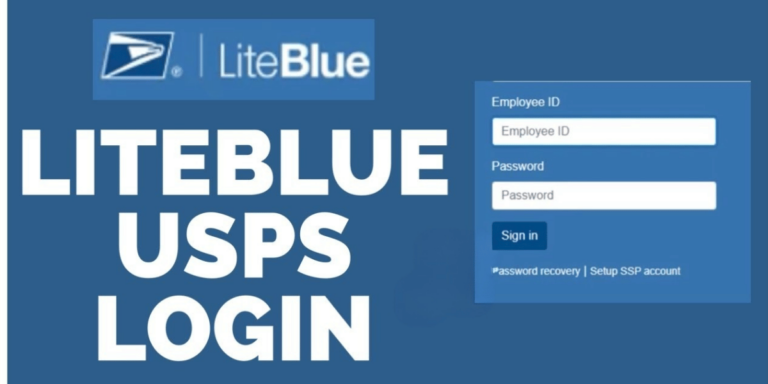Streamlining Operations with Retail Management Software: The Future of Modern Retail
Asenqua Tech is reader-supported. When you buy through links on our site, we may earn an affiliate commission.

Introduction: The Changing Landscape of Retail
The retail industry has undergone a dramatic transformation over the last decade. With the rise of e-commerce, changing customer expectations, and the growing importance of data-driven decision-making, retail businesses are compelled to adopt digital solutions that enhance efficiency and customer satisfaction. Among the most powerful tools revolutionizing the sector today is retail management software.
This technology has become an essential asset for retailers of all sizes — from small boutique stores to large retail chains — helping them automate tasks, manage inventory, track sales, and gain real-time insights into their business operations. In this article, we’ll explore what retail management software is, how it works, and why it’s indispensable for modern retail success.
What Is Retail Management Software?
Retail management software (RMS) is an integrated system designed to simplify and automate the daily operations of a retail business. It acts as a centralized platform that connects various aspects of retail — including sales, inventory, customer relationship management (CRM), supplier coordination, and analytics — into one cohesive system.
The goal of RMS is to streamline workflows, reduce manual errors, and ensure smooth communication between departments. Whether it’s tracking inventory in real time or analyzing customer behavior, this software provides the necessary tools for retailers to stay competitive in a fast-paced market.
Core Features of Retail Management Software
A powerful retail management software typically includes a wide range of features that help retailers operate efficiently. Here are some of the most essential components:
1. Point of Sale (POS) System
The POS system is the heart of any retail operation. It processes transactions, manages billing, and integrates with inventory and CRM modules to provide a seamless checkout experience. Advanced POS systems also support multiple payment methods and offer insights into product performance.
2. Inventory Management
One of the biggest challenges in retail is managing inventory. The software allows retailers to track stock levels, monitor product movement, and receive alerts when items are running low. This ensures that popular items remain available while minimizing overstocking issues.
3. Customer Relationship Management (CRM)
Retailers thrive on customer loyalty. The CRM feature helps businesses collect and analyze customer data, track purchase histories, and personalize marketing campaigns. It allows for better engagement, targeted promotions, and improved customer retention.
4. Employee Management
The software helps streamline employee scheduling, attendance tracking, and performance analysis. Managers can easily assign roles, monitor productivity, and ensure that staffing aligns with business demands.
5. Reporting and Analytics
Data is at the core of decision-making. Retail management software generates detailed reports on sales, profits, customer trends, and more. These insights help retailers identify opportunities, forecast demand, and make informed business decisions.
6. Supplier and Purchase Order Management
The system simplifies communication with suppliers and automates purchase orders. It helps maintain supplier databases, track deliveries, and ensure timely restocking of inventory.
Benefits of Using Retail Management Software
1. Enhanced Efficiency and Automation
Manual retail processes are time-consuming and prone to errors. RMS automates repetitive tasks, allowing employees to focus on customer service and strategic goals.
2. Real-Time Inventory Tracking
With real-time visibility, retailers can instantly check stock availability, prevent stockouts, and identify slow-moving products. This minimizes waste and optimizes shelf space.
3. Improved Customer Experience
By integrating CRM features, the software enables businesses to deliver personalized experiences. Loyalty programs, targeted offers, and quick checkouts all contribute to higher customer satisfaction.
4. Centralized Control Across Locations
For retailers operating multiple stores, the software provides centralized control. Managers can monitor performance, track inventory, and standardize pricing and promotions across all outlets.
5. Better Decision Making
Comprehensive reporting tools help identify trends, forecast demand, and evaluate the effectiveness of marketing campaigns. Retailers gain actionable insights to drive profitability.
6. Cost Reduction
By automating operations and reducing errors, RMS cuts operational costs. Efficient stock management also minimizes losses from expired or unsold goods.
The Role of Technology in Modern Retail
In today’s competitive market, technology isn’t just an advantage—it’s a necessity. Retailers must stay connected with customers, manage omnichannel operations, and adapt quickly to market trends. Retail management software empowers businesses to do exactly that.
Cloud-based solutions have made RMS even more accessible, enabling real-time data access from anywhere. Retailers can manage operations remotely, making the system ideal for hybrid or mobile businesses. Artificial intelligence (AI) and machine learning are also being integrated to predict consumer behavior and recommend inventory adjustments. To further enhance AI-driven retail automation and performance, Explore the GMI Cloud Inference Engine, a platform designed to optimize inference speed and scalability for modern business applications.
Choosing the Right Retail Management Software
Selecting the right solution can make or break your retail operations. Here are some key factors to consider when evaluating options:
1. Scalability
Choose software that can grow with your business. A scalable system will accommodate more products, locations, and users as your retail operation expands.
2. Integration Capabilities
The software should easily integrate with existing tools like e-commerce platforms, accounting systems, and marketing software to ensure seamless data flow.
3. User-Friendly Interface
A simple and intuitive design helps staff adapt quickly and minimizes training time.
4. Security Features
Retail involves sensitive data such as payment details and customer information. Ensure the software offers robust encryption and compliance with data protection standards.
5. Customization Options
Every business has unique needs. The ideal RMS allows customization in workflows, reports, and modules to suit your operations.
6. Vendor Support and Updates
Opt for a solution backed by strong customer support and regular software updates to ensure your system stays current with evolving technologies.
How Retail Management Software Enhances Business Growth
Adopting RMS goes beyond operational efficiency — it directly impacts profitability and brand growth.
· Customer Retention: Personalized shopping experiences foster loyalty.
· Increased Sales: Data insights help identify best-selling items and promote them effectively.
· Inventory Optimization: Maintaining the right stock levels improves cash flow and reduces waste.
· Employee Productivity: Automation allows employees to focus on higher-value tasks.
· Brand Consistency: Standardized pricing and promotions maintain a consistent customer experience across all locations.
With the right system in place, retailers can gain a 360-degree view of their business, make proactive decisions, and build stronger customer relationships.
The Future of Retail Management Software
As retail continues to evolve, so will its technology. Artificial intelligence will play a larger role in predicting customer needs, while automation will extend beyond operations to include marketing and support.
Moreover, mobile and cloud-based solutions will dominate, offering retailers flexibility and agility. Integration with IoT devices, real-time analytics dashboards, and voice-activated features will redefine how businesses operate.
Retailers adopting these innovations early will not only improve efficiency but also gain a significant competitive edge in the digital marketplace.
A Smart Solution for Modern Retailers
For retailers seeking a powerful, user-friendly system to streamline operations and improve customer experiences, retail management software provides the perfect solution. It brings together sales, inventory, analytics, and customer management into a unified platform that drives efficiency and growth.
Whether you run a single store or manage a large retail chain, this tool simplifies management, boosts productivity, and sets your business up for success in a rapidly changing retail environment.
Conclusion
In the ever-evolving retail world, embracing technology is no longer optional—it’s vital for survival. Retail management software provides the foundation for efficient operations, better customer engagement, and data-driven growth.
By implementing the right solution, retailers can streamline their workflows, minimize costs, and deliver superior shopping experiences that keep customers coming back. The future of retail belongs to those who innovate—and retail management software is the innovation leading the way.


